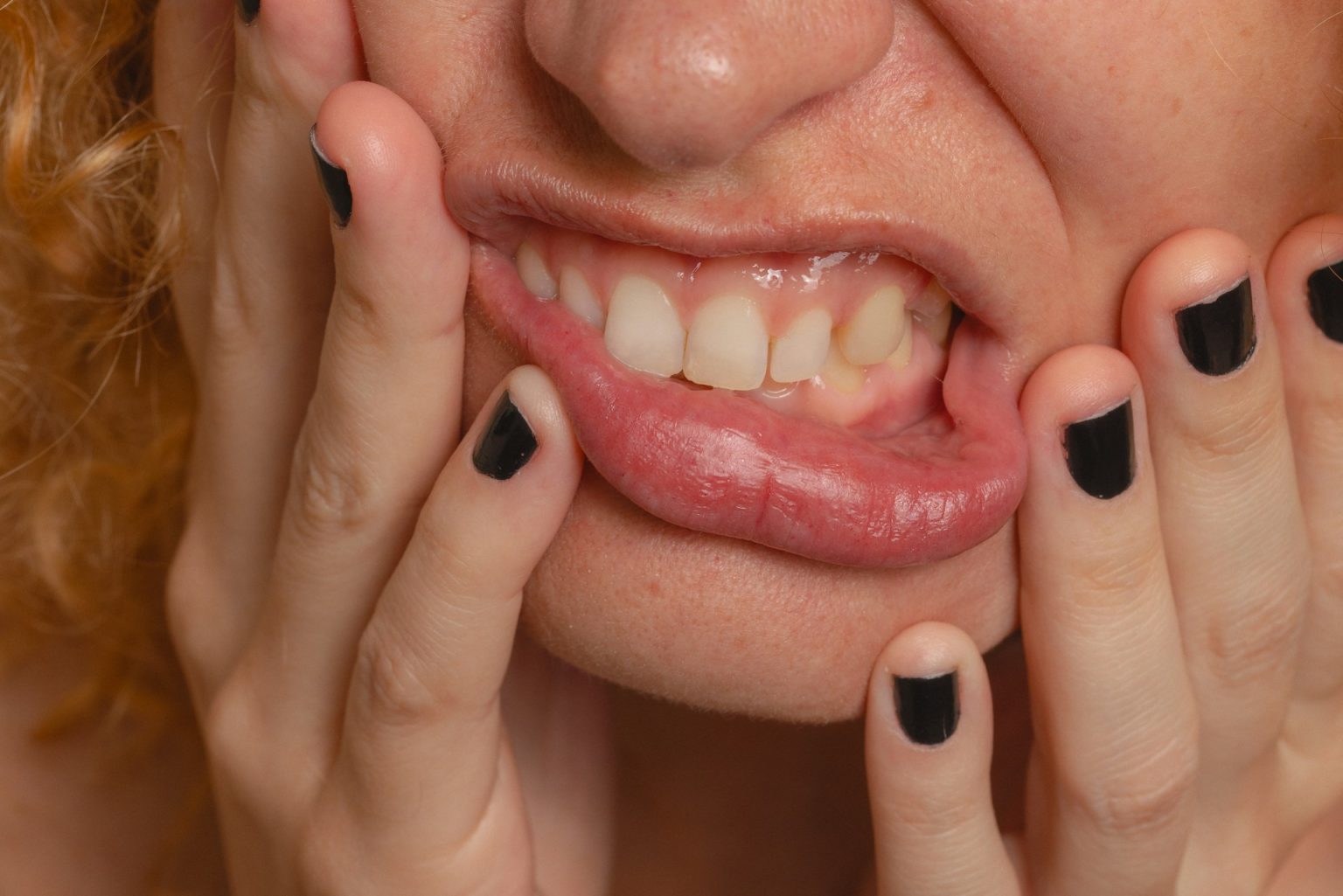Gum disease is one of the most common oral health issues, yet many people are unsure whether it can be transmitted from one person to another. Understanding how gum disease spreads and how to protect yourself and others is essential for maintaining good oral health.
What is gum disease?
Gum disease, also known as periodontal disease, is an infection of the tissues surrounding the teeth. It typically starts as gingivitis, which is characterised by red, swollen, and bleeding gums. If left untreated, it can progress to periodontitis, a more severe condition that can lead to tooth loss and even affect overall health.
Gum disease is caused by bacteria in dental plaque, a sticky film that forms on the teeth and gums. Poor oral hygiene, smoking, certain medications and underlying health conditions can increase the risk of developing gum disease.
Can gum disease be passed from person to person?
Research suggests that while gum disease itself is not directly contagious in the way that a cold or flu is, the bacteria that cause it can be transmitted. These bacteria are present in saliva, which means they can be spread through actions such as kissing, sharing utensils or even sharing a toothbrush.
However, passing on the bacteria does not guarantee that the other person will develop gum disease. The recipient’s oral hygiene, immune system, and overall health play significant roles in determining whether an infection will take hold.
According to a study published in the Journal of Clinical Periodontology, approximately 50% of adults over 30 show signs of gum disease, highlighting how common the condition is.
Who is most at risk?
Not everyone who comes into contact with the bacteria that cause gum disease will develop the condition. Individuals with weakened immune systems, poor oral hygiene, smoking habits, diabetes or a history of gum disease are more susceptible.
Children and young adults may also be at risk if they are exposed to harmful oral bacteria early in life. This is why dental professionals emphasise good oral hygiene practices for the entire family, not just for those already showing symptoms of gum disease.
How can you reduce the risk of passing on gum disease?
Maintaining excellent oral hygiene is the most effective way to prevent the spread of harmful bacteria. Brushing twice a day with fluoride toothpaste, flossing daily, and using an antiseptic mouthwash can significantly reduce bacterial load.
Regular dental check-ups and professional cleanings are also crucial in identifying and treating early signs of gum disease. Avoiding the sharing of toothbrushes, utensils or anything that may carry saliva can further reduce the risk of transmitting harmful bacteria.
Is professional treatment necessary?
If you suspect that you have gum disease or have been exposed to someone who has it, seeking professional dental care is essential. Dentists and hygienists can assess the health of your gums, remove plaque and tartar build-up, and provide personalised advice on preventing future infection.
In more severe cases, treatments such as deep cleaning, antibiotics or surgical interventions may be necessary to stop the progression of the disease.
What should families and couples know?
Awareness and prevention are key. Families and couples should pay attention to each other’s oral health and encourage regular dental visits. Simple lifestyle changes, such as avoiding sharing utensils and practising proper oral hygiene, can make a significant difference. Understanding that bacteria may be transmitted even if the disease itself is not directly contagious helps people take proactive steps without unnecessary fear.
Gum disease is a common condition with serious consequences if left untreated. While you cannot pass the disease itself like a cold, the bacteria that cause it can be shared through close contact.
Maintaining good oral hygiene, regular dental visits and mindful habits around sharing saliva can protect both you and those around you. By taking these precautions, it is possible to reduce the risk of spreading harmful bacteria and keep your smile healthy.


